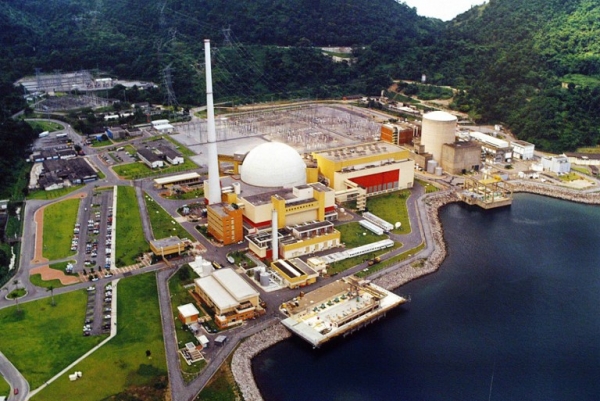SAO PAUL – The high power costs and bundled rules for pricing and surcharges in Brazil are making small and medium consumers turn to a new type of distributed generation from cooperatives.
Distributed generation, which is power that is generated close to the site of its consumption, is limited to 5MW plants from renewable sources, such as small hydropower, solar, wind, biomass and biomethane plants. But new laws allow for the power from distributed generation facilities to be used by those other than the generator.
Companies like Cogecom are connecting small generators with consumers, promising to lock-in power costs at the minimum tariff charged by the local distributor. That means the cost does not include surcharges for additional thermal power to cover for a drop in hydropower or to strengthen the power grid.
Cogecom has 12,000 consumers receiving power from 30 units with a total installed capacity of 60MW. It operates in seven Brazilian states in the southern and mid-central regions. The company plans to expand by 130pc in the first half of 2022 from a year earlier.
The consumers are mostly small businesses, with power consumption up to 1,000kWh average. This includes gymnasiums, restaurants, grocery stores and others that cannot opt out of the regulated market into a bilateral contract market.
“These are small-voltage consumers that are prisoners of the distributors,” Cogecom general director Roberto Correa said.
The generators are also small units that see more profitability in renting their capacity on a discount from distributor’s tariffs than having to manage the trading and contract hedging needed to be part of the broader market. Since they offer renewable power to the grid, they reap the benefit of discounts for power transmission and distribution, lowering overall costs.
But the costs for grid operation are paid for by other consumers, raising questions about the viability of the new service. They also reap the reliability benefit from thermal generation paid for by regulated consumers — without paying for it themselves. Correa believes that this issue could be addressed if regulators measured the real benefits every power source brings to the system.
While it does not provide the generation strength found with thermal generation, Correa says distributed generation reduces overall grid usage and operation costs, since it is created closer to the consumer. Environmental attributes should also be considered. Correa said the Brazilian government is planning studies on the practice, which can lead to a “fair” pricing.
“We are not surfing a wave that is endless,” Correa said.
Other companies are starting to sell distributed generation capacity to other consumers that want to lower their electricity expenses. This is the case of EVA Energia, a company that generates power using landfill biogas. The company will supply green power for the Rio de Janeiro chain of restaurants Delírio Tropical, at an average of 133,222 KW/hr.
The brewer Heineken has a similar service, where it allows customers to contract for a share of its distributed generation capacity to reduce their power bills.
Buy your copy of thecooperator magazine from one of our country- wide vending points or an e-copy on emag.thecooperator.news
